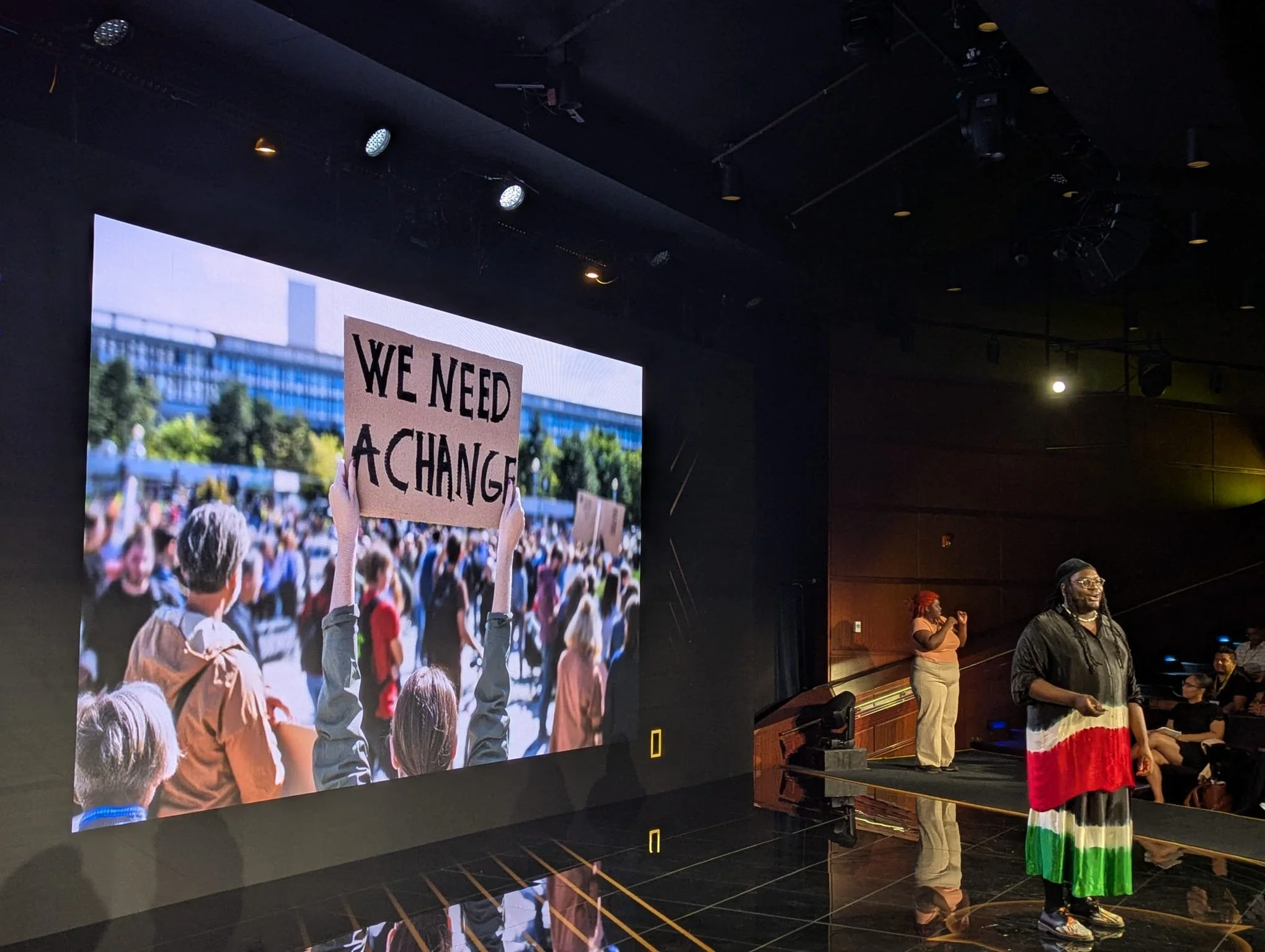Mapping Justice Program
Summer intensive for high school youth address social & environmental inequity using data science and storytelling
civic tech to close the data divide





We believe in a world where innovation no longer comes at the expense of people in the margins; rather, youth proximate to inequity are seen as beacons of insight. We exist to make sure the next generation is not just climate-aware, but climate-capable.
We use an abolitionist framework focused on liberation. Rather than funneling advocates into STEM careers, trubel democratizes access to technical education—empowering our trubelmakers to solve community challenges and design their own futures.



Hover on destinations throughout the map to discover our offerings.




Mapping Justice Program
Summer intensive for high school youth address social & environmental inequity using data science and storytelling



Data Workshops
Short-term learning spaces to build technical capacity and explore the intersections of race, power, & technology



Civicscape Platform
Geospatial platform featuring localized datasets tied to real-world challenges using interactive, custom maps



AI-Powered Curriculum
Interdisciplinary modules connecting introducing AI ethics to climate, civics, math, & storytelling curricula
“By democratizing access to innovation, we empower more people to imagine—and build—a world that works for everyone.”
- Nick Okafor, Founder of trubel&co
trubel&co began with a bold question: what would it look like if communities furthest from opportunity were equipped with the training, tools, and trust to change the systems around them?
Too often, STEM and civic learning are disconnected. With a background in tech, education, and social advocacy, we set out to build something different: a place where data science, storytelling, and justice intersect.
From classrooms to community centers around the nation, we’re reimagining what technical education can look like, rooted in the belief that innovation doesn’t belong to the few—it belongs to all of us. Whether it’s teaching students to map climate vulnerability, co-developing tools for civic storytelling, or partnering with frontline communities, our work is grounded in collective power and radical possibility.

